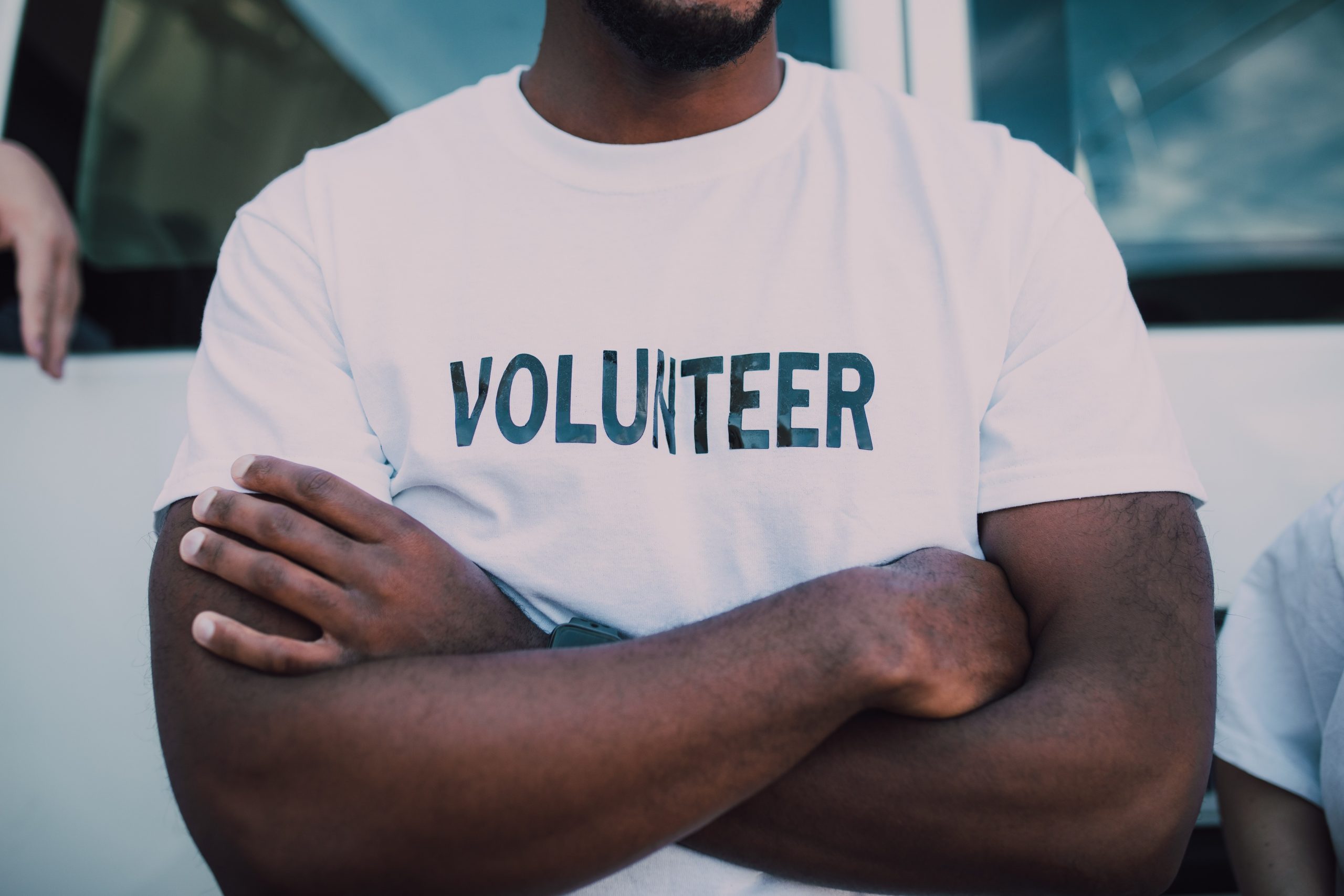
Italy, the socio-cultural importance of voluntary health and social work
The importance of volunteering in the italian collective tissue: among the most significant training models are associations such as Federavo, the National Federation of Healthcare Volunteer Associations, Lilt, the Italian League for the Fight against Tumours, and Fcp, the Federation of Palliative Care, which represent an asset for all organisations wishing to strengthen their training practices and develop the profiles of volunteers in specific skills needed for different roles and activities
Health and social care volunteering: the centrality of training
The training of health volunteers has always played a very important role in the experience of those entering volunteering and of those who, having been doing it for some time, need moments of support and improvement of their skills.
Especially in the last decade, it has accompanied the growth of organisations in reading the changes in the health and welfare system, in interpreting their own solidarity and subsidiary function and in diversifying activities and services and broadening the contexts of intervention, often experimenting with new practices in operations, in collaboration with health structures and promoting policies that are more in tune with people’s real needs and problems (Voluntary work in health care no. 3 2015 of V Dossier)
It is a very selective and qualifying procedure, that of becoming a volunteer in healthcare, because of the delicacy of the users, the suffering, the illness, the death, the sense of frustration and because of the professional responsibilities towards the sick person on the part of medical and healthcare personnel and volunteers.
Moreover, it is a training process that aims to protect the volunteer, because of the high risk of emotional involvement and psychological stress he or she may face if not adequately prepared and, even worse, if left alone (Paola Atzei, head of VOLABO’s Training and Skills Development area, on the importance of training in health and social-health volunteering).
Health volunteers in the strict sense do a lot of outreach work: they organise blood collection, transport of the sick, emergency support and intervention training.
ORIENTATION AND SELECTION OF THE HEALTH VOLUNTEER
From the very beginning, the suitability of the aspiring volunteer is very carefully examined, through his or her motivations, expectations, aptitudes and soft skills.
The training is usually preceded by a cognitive selection interview, in which the following are examined: basic training, any previous training experience, and the motivations that drive the aspiring health volunteer to volunteer, his or her view of the relational dimension as a peculiarity and added value of active citizenship for the construction of a common good and of the so-called social capital.
AIMS OF TRAINING IN VOLUNTEERING
- make them know the history, values, regulations or code of ethics and behaviour of the association or organisation for which they will become operational
- make aspiring volunteers reflect on their own motivations and expectations;
- learning skills in handling situations and relationships with high emotional involvement, knowing how to accept the limits of one’s role in the face of illness and death and respecting other roles;
On-going training, while ensuring that volunteers are kept up-to-date on technical-specialist issues, and on intervention methodologies, aims to respond to the most frequently expressed needs of volunteers to have a space to contain their emotional experiences, individual and group growth, which keeps the daily qualified commitment in harmony with the value and meaning of the volunteering experience and strengthens the sense of belonging and teamwork.
VOLUNTEERING, THE TRAINEESHIP EXPERIENCE
Once the training is over, the direct placement experience “in the field” begins, guided by a tutor or a coordinator, with the aim of supporting the aspiring volunteer in putting skills into practice, in critical practical, emotional and relational moments, and verifying together with him/her the progress of the experience, the growth and awareness of the limits and potential of his/her role, with the ultimate aim of a final comparison as to whether or not he/she is suitable to continue and in which activity or service (Film, “Involuntary Off – The Examination”, 2022).
VOLUNTARY IN ITALY, THE IMPORTANCE OF NEW TRAINING INTERVENTIONS
The new health and social emergencies that constantly pervade us have led to a re-evaluation of the frontiers of new training interventions, new themes and methodologies to be experimented for the training of health and social-health volunteers, with insights into specific issues such as
- individual and community resilience, empowerment, self-mutual-help for the sick person and his or her network of relations, but also for volunteers, non-profit organisations, and health and social workers;
- the approach to health and illness in immigrant cultures: mediation and multiculturalism in health and care contexts;
- palliative care as a paradigm of the new welfare systems and an estimate of at least four thousand volunteers committed to the de-hospitalisation of care, humanisation and dignity of the sick person and the family;
- volunteering for the informal carer: caring for the carer.
Volunteering opens the mind, stimulates dialogue, reflection and, above all, increases empathy towards those who are not as fortunate as we are.
Proper training makes the volunteer an invaluable community resource both locally and nationally.
Author of the article: dr. Letizia Ciabattoni
References:
Vdossier, “L’importanza della formazione permanente per il volontariato sanitario e socio-sanitario”, 07/25/2016
https://www.retisolidali.it/formazione-del-volontariato-sanitario/
https://www.quotidianosanita.it/emilia_romagna/articolo.php?articolo_id=100280
https://cri.it/cosa-facciamo/salute/formazione/
https://www.cvs-omegna.it/formazione/
https://www.sos-sona.it/formazione/
Read Also:
Emergency Live Even More…Live: Download The New Free App Of Your Newspaper For IOS And Android
Anxiety: A Feeling Of Nervousness, Worry Or Restlessness
Firefighters / Pyromania And Obsession With Fire: Profile And Diagnosis Of Those With This Disorder
Hesitation When Driving: We Talk About Amaxophobia, The Fear Of Driving
Rescuer Safety: Rates Of PTSD (Post-Traumatic Stress Disorder) In Firefighters



